Charleston Currents #12.24 | April 27, 2020
HORSING AROUND. Two horses graze in a field along Chisolm Road on Johns Island during a glorious spring day. If you have a photo to share with readers, send it to: editor@charlestoncurrents.com. Charleston Currents photo.
 TODAY’S FOCUS: Maintain good financial habits during pandemic
TODAY’S FOCUS: Maintain good financial habits during pandemic
COMMENTARY, Brack: Politicians need to stop doubletalk, listen to scientists
IN THE SPOTLIGHT: Morris Financial Concepts
PHOTO ESSAY, Byko: The streets of Provence
NEWS BRIEFS: May 8 telethon to raise money for homeless hurt in pandemic
FEEDBACK: Send us your thoughts
MYSTERY PHOTO: Pretty little church
CALENDAR: Enjoy art from around the world
S.C. ENCYCLOPEDIA: Joel Poinsett
Friends and readers,
 We’re proud to offer Charleston Currents for free. For more than a dozen years, we’ve been the go-to place for insightful information and good news about the Lowcountry. And we love it as much as you do. But now, we can use your help. If you’ve been thinking of contributing to Charleston Currentsover the years, now would be a great time to contribute as we deal with the crisis. In advance, thank you.
We’re proud to offer Charleston Currents for free. For more than a dozen years, we’ve been the go-to place for insightful information and good news about the Lowcountry. And we love it as much as you do. But now, we can use your help. If you’ve been thinking of contributing to Charleston Currentsover the years, now would be a great time to contribute as we deal with the crisis. In advance, thank you.
— Andy Brack, editor and publisher
Maintain good financial habits during pandemic
By State Treasurer Curts Loftis | It’s no secret that money has a significant influence on our lives. While this is frequently made obvious in our daily routines, nothing underscores that sentiment quite like the current crisis.
The emergence of COVID-19 has resulted in a societal spike of anxiety and fear, with many Americans rightfully concerned about their health during this time. Weighing just as heavily on our minds, though, are the economic consequences we are being confronted with.
April is the national observance of Financial Literacy Month, a time to reflect on the benefits of good financial habits. As we continue to adapt to this current situation, I would like to remind you of a few important steps you can take to provide peace of mind and ensure your financial well-being.
Stick to your budget
Now is not the time to make impulse purchases or go crazy with internet shopping just because you’re cooped up at home and adjusting to this “new normal.” In fact, you can easily make the case for reducing your consumer tendencies in favor of covering only your main necessities of food, shelter, utilities and transportation in the weeks ahead.
If you don’t have a budget, now is the perfect time to create one. There are numerous apps you can download on your phone to help you stay the course, like popular options Mint, Clarity Money or EveryDollar. Alternatively, if you’re not tech-savvy, you can follow guidelines from reputable organizations like the Consumer Financial Protection Bureau and make your own budget or print out ready-to-use templates.
Saving is still important
Whether you have an emergency fund of a few hundred dollars or enough to cover you for several months, saving is still an important financial habit. Much like working out at the gym, you need to commit to the same type of muscle memory by making a conscious effort to continue saving, even during times like this. Whether you’re receiving a tax refund or a stimulus rebate, try and put a percentage into your savings if you can cover your other monthly expenses and have money left over.
If you are fortunate to have a healthy savings reserve, then consider putting some excess funds into a college savings account, like Future Scholar, or a Palmetto ABLE® savings account, if you have a loved one with a disability. This will make a difference down the road and provide a tax deduction opportunity for your South Carolina tax return.
Adjust when the time is right
When things stabilize, be ready to go back to paying off debt, investing in your future retirement or supporting the needs of your loved ones. For those concerned about market volatility, schedule time to meet with your financial advisor to reassess your risk-reward tolerance and look for opportunities to lessen your exposure to market fluctuations.
Consider sharing the lessons you’ve learned
While remote learning has been an adjustment for most families, this time presents a great opportunity to discuss personal finance with your children who are studying from home. Talking them through the basics of creating and sticking to a budget, the importance of saving and the pros and cons of taking on debt are valuable life lessons that will help them to become financially responsible young adults. There are a number of free resources available to initiate a conversation with your child about personal finance in a fun, easy to understand way.
It is hard to believe that in 2020 only 29 percent of Americans say they are financially healthy. Just as we challenge consumers to adapt their financial habits, this challenges us as a community, state and nation to adapt our approach to financial education and make it a higher priority. Imparting lessons like these upon our residents is not limited to just one month out of the year. We must continually invest in our most valuable asset – our people. By doing so, our return will be greater than anything else: a financially-capable and confident South Carolina.
Curtis Loftis is state treasurer for South Carolina.
As more people stay home to deal with the coronavirus crisis, people are looking for things to do. You can find some fun things to do online in our calendar section below, but let us also encourage you to FORWARD your issue of Charleston Currents to your friends and encourage them to subscribe. It’s got a great price, as you know: Free! We hope they’ll enjoy our coverage.
Politicians need to stop doubletalk, listen to scientists
By Andy Brack, editor and publisher | The right mouth of government obviously has no idea what the left mouth is saying. And because government can’t get its message straight, we’re all confused.
 On one hand, Gov. Henry McMaster says some businesses can now open in South Carolina, although it’s no clearer why a craft shop or a florist is “essential” in the curious way a gun shop has been for the last few weeks. Grocery stores we understand. But gun shops?
On one hand, Gov. Henry McMaster says some businesses can now open in South Carolina, although it’s no clearer why a craft shop or a florist is “essential” in the curious way a gun shop has been for the last few weeks. Grocery stores we understand. But gun shops?
Meanwhile, the governor says no to opening schools (good idea, finally). But wait: It’s also OK suddenly to go to boat landings, some beaches and, soon, state parks. Yet people are still being told by state and national officials to stay at home, stay separated, maintain social distance and to not congregate.
What the hell?
None of this doubletalk makes much sense. As one local official stated what’s pitifully obvious, it’s not “intelligent or coherent by any means.”
The coronavirus crisis certainly is nothing we’ve ever seen and no one seems to have been prepared for it. So maybe all of the confusion just stems from all of the politicians making it up as they go along.
With McMaster, the best we can figure is he is highly attuned to whether there is even a hint of “liberating” South Carolina while he’s in charge. In fact, his ears appear to be closer to right wingers at home than to how his nose has been firmly stuck to the backside of his buddy, President Donald Trump, star performer and daily media briefer who is using the coronavirus crisis to feather the nest of his gargantuan narcissism.
Trump is the worst of the double talkers. He started the week of April 13 by bombastically asserting he had ultimate authority on when the nation should reopen for business in light of coronavirus. Four days later, he backed down when he said the nation’s governors were responsible for when and how individual states should get back to business. Maybe he was off his meds.
But the next day, April 17, he was back, red-faced and vitriolic, acting like no American president in history. After reading reports of his previous day’s capitulation, Trump lashed out, encouraging right-wing protesters to “liberate” Michigan, Minnesota, and Virginia, three states with Democratic governors, from coronavirus regimens put in place to protect people. And this led to national headlines about how he was inciting resistance against governors.
Washington Gov. Jay Inslee, a Democrat, reacted with much frost to Trump’s flip-flop. “The president is fomenting domestic rebellion and spreading lies even while his own administration says the virus is real and is deadly, and that we have a long way to go before restrictions can be lifted,” he said.
Anyone familiar with the president’s ongoing lies and pandering should have seen his turnabout coming from 10 miles away. Repeatedly during this crisis of monstrous proportions, he’s done only one real thing consistently: He’s displayed a continuing lack of leadership. Rather than set reasonable courses of action, he wings it in daily briefings better left to scientists. Rather than soothe the nation, he incites red against blue when the disease doesn’t care which political party the next victim belongs to.
All of this doubletalk is just plain confusing. It doesn’t help that some in the media are part of the problem. Fox News is little more than a national network of propaganda that disseminates unrest over stories about how people are coping. And locally, some South Carolina television stations interrupt local news broadcasts to showcase the president’s press conferences, also known as unpaid campaign commercials.
South Carolina and national leaders need to start listening to scientists. They need to make sure what they do is best for everyone suffering in social isolation and in the pandemic. Yes, we need businesses to reopen. But not until it’s safe to do so.
Thank goodness for leadership by the nation’s scientists and doctors. They’re proving to be the real heroes of the coronavirus crisis. In the days ahead, do what you can to thank health care professionals, first responders and frontline public servants working to keep our communities safe. They need more love than they’re getting.
Andy Brack is the editor and publisher of Charleston Currents and Statehouse Report. He is publisher of the Charleston City Paper. Have a comment? Send to: editor@charlestoncurrents.com
Morris Financial Concepts, Inc.
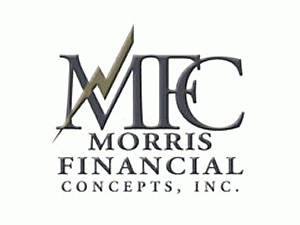 The public spiritedness of our sponsors allows us to bring Charleston Currents to you at no cost to readers. Morris Financial Concepts, Inc., is a nationally recognized, fee-only financial consulting firm that helps you identify and align your resources, values and goals to achieve an enriched life.
The public spiritedness of our sponsors allows us to bring Charleston Currents to you at no cost to readers. Morris Financial Concepts, Inc., is a nationally recognized, fee-only financial consulting firm that helps you identify and align your resources, values and goals to achieve an enriched life.
We do not accept commissions or compensation related to the products and service we recommend. Our counsel is based solely on what we believe is best for each client.
- Learn about founder and Charleston Currents columnist Kyra Morris and more about the consultancy at: Morris Financial Concepts, Inc.
- To meet all of our underwriters, click here.
BYKO: The streets of Provence
A few years back, contributing Realtor and Sullivan’s Island photographer Rob Byko and his wife, Karen Byko, had a fun trip in Provence in southern France. Rob shares some photos from that trip as a virtual break from the toils of sheltering at home. He writes:
“A kiss is still a kiss, a sigh is just a sigh, the fundamental things apply, as time goes by…but after weeks of self-isolation, Zoom-meetings and hurried trips to the grocery, your ability to maintain a positive mental outlook has been called into question. The kids are home from school, the twenty-somethings are back at home AND out of work. The kitchen is a mess — too many home-cooked meals and too many dishes left in the sink. Your nerves are frayed and you’d like to just get away, but summer travel plans are on hold for obvious reasons.
“So, take a virtual break from the madness this morning and walk with me through the streets of Provence. Take in the sweet life in Avignon; the windows and whimsy of St Remy; and, one of life’s most colorful palettes, a street market in L’isle sur la Sorgue.
Avignon
St Remy
L’isle sur la Sorgue
May 8 telethon to help homeless hurt in pandemic
Staff reports | Charlton Singleton, Shovels & Rope, Manny Houston, Lee Barbour, Kanika Moore and other artists will perform May 8 at a telethon to pay for services that benefit people transitioning out of homelessness. The event will run on a variety of local media outlets.
The Homeless to Hope Benefit Telethon starts at noon May 8 and will operate until 8 p.m. It will raise money to benefit the Homeless to Hope Fund. Donations from the event, hosted by the Mayor’s Commission on Homelessness and Affordable Housing, will go to the Navigation Center, a resource center for people experiencing homelessness.
The Homeless to Hope Fund began life in 2016 to assist homeless individuals and families throughout Charleston, Summerville, North Charleston and Mount Pleasant. In 2018, the Homeless to Hope Benefit Concert began as a way to raise support for the foundation every year. While a traditional benefit concert was originally planned for 2020, the COVID-19 pandemic pushed the concert to different avenues.
God’s Hot Dog Ministry, a free service that provides warm meals to the homeless, and Hope to Home Furniture Resource, a furniture provider for individuals that have recently secured a place to live, will be honored with the 2020 Homeless to Hope Award.
An estimated 4,172 people are homeless in South Carolina, the U.S. Interagency Council on Homelessness reported in 2019. Over 12,000 students experienced homelessness over the course of the 2017-218 school year.
In other recent news:
![]() Marketing help. A weekly marketing roundtable will debut online at noon Wednesday, writes Cheryl Smithem, founder and CEO of Charleston PR & Design. “We see this as a way to give back to local and regional businesses who have really taken an economic hit,” she said. “Our goal is to share our marketing insights and advice — without cost — during a round table event. We hope business owners will join in to get answers to their questions about email marketing, website content and marketing, social media or marketing collateral. We’re open to any marketing questions and we look forward to learning from owners who have success stories about how they have pivoted. When we collaborate, we strengthen the whole community.” Register online here.
Marketing help. A weekly marketing roundtable will debut online at noon Wednesday, writes Cheryl Smithem, founder and CEO of Charleston PR & Design. “We see this as a way to give back to local and regional businesses who have really taken an economic hit,” she said. “Our goal is to share our marketing insights and advice — without cost — during a round table event. We hope business owners will join in to get answers to their questions about email marketing, website content and marketing, social media or marketing collateral. We’re open to any marketing questions and we look forward to learning from owners who have success stories about how they have pivoted. When we collaborate, we strengthen the whole community.” Register online here.
Home fire safety. The Charleston Fire Department is offering a Virtual Home Fire Safety assessment to allow you to discuss fire safety and improvements to your home. To schedule an appointment, send an email to: cfd@charleston-sc.gov.
Online theatre classes. Charleston Stage’s professional resident acting company will offer TheatreSchool classes May 4 to May 21 online. “Students can now learn the magic of theatre in the comforts of their homes all while streaming live from our West Ashley Theatre Center,” the organization said. Tuition is $75. Click here to learn more.
Learning from the past. Statehouse Report correspondent Lindsay Street spoke with diverse voices from across the state to offer a compelling story Friday that shared how we can learn from the past to build resiliency in our future. “We’re living in a time, unfortunately, that is trying and putting to the test the fairness, the equity of all of our systems,” said Bernie Mazyck of Summerville, who serves as CEO of S.C. Association for Community Economic Development. “It should give everyone, up and down the social strata, give all of us a moment to pause and look at what we currently have, to reflect upon it and say, ‘Something’s wrong here, we need to rethink some things.’”
- Read vignettes from 10 conversations about rebuilding South Carolina
Public schools closed through spring semester. McMaster announced Wednesday that public schools will be closed through the remainder of the 2019-2020 school year. To see how public school teachers have adapted to classes online, read this story from the Charleston City Paper.
High number of marijuana arrests in S.C. As the state legislature has stumbled to legalize medical marijuana or decriminalize recreational marijuana, South Carolina has become a hot spot for racially disparate arrests for possession. Read the full story here.
- Have a comment? Send to: editor@charlestoncurrents.com
Got something to say? Let us know by mail or email
We’d love to get your impact in one or more ways:
Send us a letter: We love hearing from readers. Comments are limited to 250 words or less. Please include your name and contact information. Send your letters to: editor@charlestoncurrents.com. | Read our feedback policy.
Tell us what you love about the Lowcountry. Send a short comment – 100 words to 150 words – that describes something you really enjoy about the Lowcountry. It can be big or small. It can be a place, a thing or something you see. It might be the bakery where you get a morning croissant or a business or government entity doing a good job. We’ll highlight your entry in a coming issue of Charleston Currents. We look forward to hearing from you.
Pretty little church
Here’s a pretty little South Carolina church. But where is it? Send your best guess to editor@charlestoncurrents.com. And don’t forget to include your name and the town in which you live.
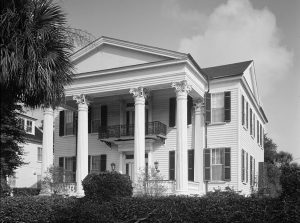 Our previous mystery, “Classic Southern mansion,” showed the beautiful Greek Revival Chisolm-Alston House at 172 Tradd Street in Charleston in a photo available via the U.S. Library of Congress.
Our previous mystery, “Classic Southern mansion,” showed the beautiful Greek Revival Chisolm-Alston House at 172 Tradd Street in Charleston in a photo available via the U.S. Library of Congress.
Congratulations to this week’s sleuths: Jim McMahon, Joe Mendelsohn, Legare Clement, Gwen McCurdy, Judy Hines and Delia A. Smith, all of Charleston; Don Clark of Hartsville; George Graf of Palmyra, Va.; Allan Peel of San Antonio, Texas; Marnie Huger of Richmond, Va.; Jay Altman of Columbia; and Peggy Kandies.
Clement is very familiar with the house, as he wrote: “As a child, I saw that house out of my bedroom window!”
Graf shared, “Alexander Hext Chisolm acquired this site near his thriving rice mill in 1829 and built a notable Greek Revival house on the site in the mid-1830s. Several experts attribute the design to Charles F. Reichardt, Prussian-trained architect of the Charleston Hotel, the Washington Racecourse Grandstand, and the facade of the guard house at Meeting and Broad Streets. William Algernon Alston, Jr., owner of five plantations in lower All Saints Parish in Georgetown County, bought the house as his town residence in 1855.”
Peel added, “The house is now owned by Carolyne Roehm, who purchased the property for $2.6 million in June 2012. While not currently for sale, the house has an estimated value on Zillow of just over $4.4 million.”
Send us a mystery: If you have a photo that you believe will stump readers, send it along (but make sure to tell us what it is because it may stump us too!) Send it along to editor@charlestoncurrents.com.
Art around the world
![]() While we’re republishing our list of local art museums and attractions you can visit online, there’s a whole virtual world out there to find and enjoy. Some good ones:
While we’re republishing our list of local art museums and attractions you can visit online, there’s a whole virtual world out there to find and enjoy. Some good ones:
- LONDON: British Museum, which has mummies and lots of treasures;
- LONDON: Tate Modern, which has lots of neat exhibitions.
- NEW YORK: Metropolitan Museum of Art, with collections of 5,000 years of art.
- NEW YORK: Solomon R. Guggenheim Museum with its dazzling displays of modernism.
- More. You can visit 500 museums across the world online through this Google amalgamation of sites.
Local attractions:
- Charleston Museum. “The Charleston Museum and its Historic Houses will have a variety of content, lessons, videos, and virtual tours during this uncertain time. More online.
- Gibbes Museum. You can enjoy lots of local art offerings through the website and social media accounts of the Gibbes Museum. AT 10 a.m. on weekdays, the museum posts virtual readings and workshops on Facebook. Find more online.
- Brookgreen Gardens. The Murrells Inlet gardens have a new set of activities, #BrookgreenAtHome, that you can do, well, from home. The staff offers materials, directions and examples. Post to social media with the tag when done.
- Avian Conservation Center. Access videos and live streaming presentations online to learn about what’s going on at the Center for Birds of Prey.
Virtual tours: Bulldog Tours is providing virtual tours of the city of Charleston daily at 2 p.m., according to sister publication Charleston City Paper. So far, tours have been to Washington Square, Fort Lamar and the old City Jail. Learn more.
Plugged In To History. Middleton Place offers this new digital content portal that offers streamed content on living history, heritage breeds, crafts and even past drinks and social practices (appropriately on Friday at 5 p.m.). More.
Online wellness: You can also get fit online through virtual fitness classes that offer workouts, meditations and more. Check out this City Paper post of what area studios are offering.
Online jazz: Forte Jazz Lounge in downtown Charleston is offering music enthusiasts the chance to watch live shows online through virtual ticketing with suggested donations of $10. The feed starts about 15 minutes before shows. When the virus scare is done, all donors will be invited to a big party blowout at the club with the Joe Clarke Big Band. Learn more.
Aquarium online. The S.C. Aquarium is expected to offer a daily Nature Challenge, a virtual “Passport to Fun” and a “Moment of Zen” starting this week online. It also offers daily education classes at 10 a.m. and 2 p.m., Monday to Friday, via its virtual network. Learn more.
- Read here to learn more about the Aquarium’s new Solo Sweep Challenge litter clean-up effort.
- If you have any online events, drop us a line (editor@charlestoncurrents.com) and make sure to put “Online event” in the subject line. Similarly, if you’ve got cool ideas for stuff to do while in isolation at home, send them our way.
Joel Poinsett
Joel Roberts Poinsett was born on March 2, 1779, in Charleston, son of the Huguenot physician Elisha Poinsett and his English wife, Ann Roberts. As a child, Poinsett spent six years in England, where his formal education probably began. In 1794 he entered the Greenfield Hill, Connecticut, academy of Dr. Timothy Dwight but stayed only two years because of his frail health. Returning to England, Poinsett attended private school at Wandsworth, where he excelled in languages. In 1797 he began medical school in Edinburgh, Scotland, but remained only one year. Returning to Charleston, Poinsett briefly studied law in 1800, but his interest quickly waned. In 1801 Poinsett set out for Europe, where he would spend most of the next seven years traveling across the continent. His fluency in foreign languages helped him form associations with several powerful European leaders, including Napoleon I, the French financier Jacques Necker, and Czar Alexander I of Russia.
Poinsett returned home in 1808 as war between Britain and the United States loomed. He hoped to secure a military appointment but instead in 1810 was named U.S. trade envoy to South America, where British forces regarded him as a “suspicious character.” An ardent republican who long wanted a military career, Poinsett was soon promoting rebellion among South American countries. Failing to persuade Buenos Aires to break with Spain, in 1811 he crossed the Andes to Chile. Despite Washington’s neutrality, Poinsett urged Chile to rebel and helped organize an army. But by 1814 Royalists had crushed the rebellion, and he was forced to flee.
Returning to South Carolina, Poinsett was elected in 1816 to the General Assembly, where he became a strong advocate of internal improvements. In 1819 Poinsett became president of the state Board of Public Works, actively supervising canals and roads built to link Charleston with the undeveloped interior, including a road through the Saluda Gap that brought trade from North Carolina and Tennessee.
In 1821 Poinsett won a seat in Congress, where he represented the Charleston congressional district until 1825. Although he seldom participated in floor debates, Poinsett opposed tariff increases, supported expansion of the military, and favored recognition of South American republics. In 1825 President James Monroe appointed Poinsett as the first U.S. ambassador to Mexico. Britain’s influence there was strong, and Poinsett urged independence from Europe under America’s Monroe Doctrine. He tried unsuccessfully to purchase Texas for the United States, thereby antagonizing Mexico. He failed to win a commercial treaty but succeeded in promoting trade along America’s southwestern border. His meddling in local political affairs made him unpopular in Mexico, especially among British commercial interests and the country’s monarchists. The Mexican government requested his recall, and Poinsett left the country in January 1830.
Poinsett returned to South Carolina at the height of the nullification crisis and eventually became one of the state’s leading Unionists, even serving as President Andrew Jackson’s confidential local agent in opposing the nullifiers and secretly organizing Unionist militias. Poinsett’s efforts were praised in the North, but his influence in South Carolina waned before the states’ rights doctrine put forth by his political nemesis, John C. Calhoun. After the crisis ended, on October 24, 1833, Poinsett married Mary Izard Pringle, the widow of a wealthy rice planter. The marriage produced no children.
In 1837 President Martin Van Buren named Poinsett secretary of war. He quickly set out to improve and expand the nation’s paltry army of eight thousand poorly trained soldiers. He raised standards and sent officers to Europe for instruction. His artillery improvements made him one of America’s foremost nineteenth-century military reformers. In 1838 Congress enlarged the army to 12,577 men. As secretary, Poinsett also presided over removal of more Indians from east of the Mississippi than any other of his predecessors. In an 1841 report, Poinsett said that 40,000 Indians had been pushed west of the Mississippi. He also encouraged exploration, authorizing the western expedition of John C. Fremont and Jean Nicollet as well as the Pacific voyages of Charles Wilkes.
Leaving office in March 1841, Poinsett spent his last decade on his Greenville District farm and his wife’s Santee plantation near Georgetown. In retirement, he promoted education, economic development, and weaning of southern life from slavery. In 1844 Poinsett was elected president of the National Institute, a forerunner of the Smithsonian Institution. He served on the board of visitors of South Carolina College. He studied animal husbandry, agriculture, and botany. A red-leafed plant he introduced from Mexico, the poinsettia, was named in his honor. When secession again threatened the nation in 1850, Poinsett’s friends sought his leadership in opposing the movement, but he declined. Poinsett died in Stateburg on December 12, 1851, while traveling from Charleston to his Greenville home. He was buried in the cemetery of the Church of the Holy Cross, Stateburg.
— — Excerpted from an entry by James T. Hammond. This entry may not have been updated since 2006. To read more about this or 2,000 other entries about South Carolina, check out The South Carolina Encyclopedia, published in 2006 by USC Press. (Information used by permission.)
If you like what you’ve been reading, how about considering a contribution so that we can continue to provide you with good news about Charleston and the Lowcountry. Interested? Just click the image below.
OUR UNDERWRITERS
Charleston Currents is an underwriter-supported weekly online journal of good news about the Charleston area and Lowcountry of South Carolina.
- Meet our underwriters
- To learn more about how your organization or business can benefit, click here to contact us. Or give us a holler on the phone at: 843.670.3996.
OUR TEAM
Charleston Currents offers insightful community comment and good news on events each week. It cuts through the information clutter to offer the best of what’s happening locally.
- Mailing address: 1316 Rutledge Avenue | Charleston, SC 29403
- Phone: 843.670.3996
Charleston Currents is provided to you weekly by:
- Editor and publisher: Andy Brack, 843.670.3996
- Contributing editor, common good, Fred Palm
- Contributing editor, money: Kyra Morris
- Contributing editor, Palmetto Poem: Marjory Wentworth
- Contributing editor, real estate: Digit Matheny
- Contributing photographer: Rob Byko
SUBSCRIBE FOR FREE
Subscriptions to Charleston Currents are free.
- Click here to subscribe.
- Unsubscribe. We don’t want to lose you as a reader of Charleston Currents, but if you must unsubscribe, you will have to do it through the email edition you receive. Just go to the bottom of any of your weekly newsletters and click the “unsubscribe” function. If that doesn’t work, please send us an email with the word “unsubscribe” in the subject line.
- © 2008-2020, City Paper Publishing, LLC. All rights reserved. Charleston Currents is published every Monday by City Paper Publishing LLC, 1316 Rutledge Ave., Charleston, SC 29403.


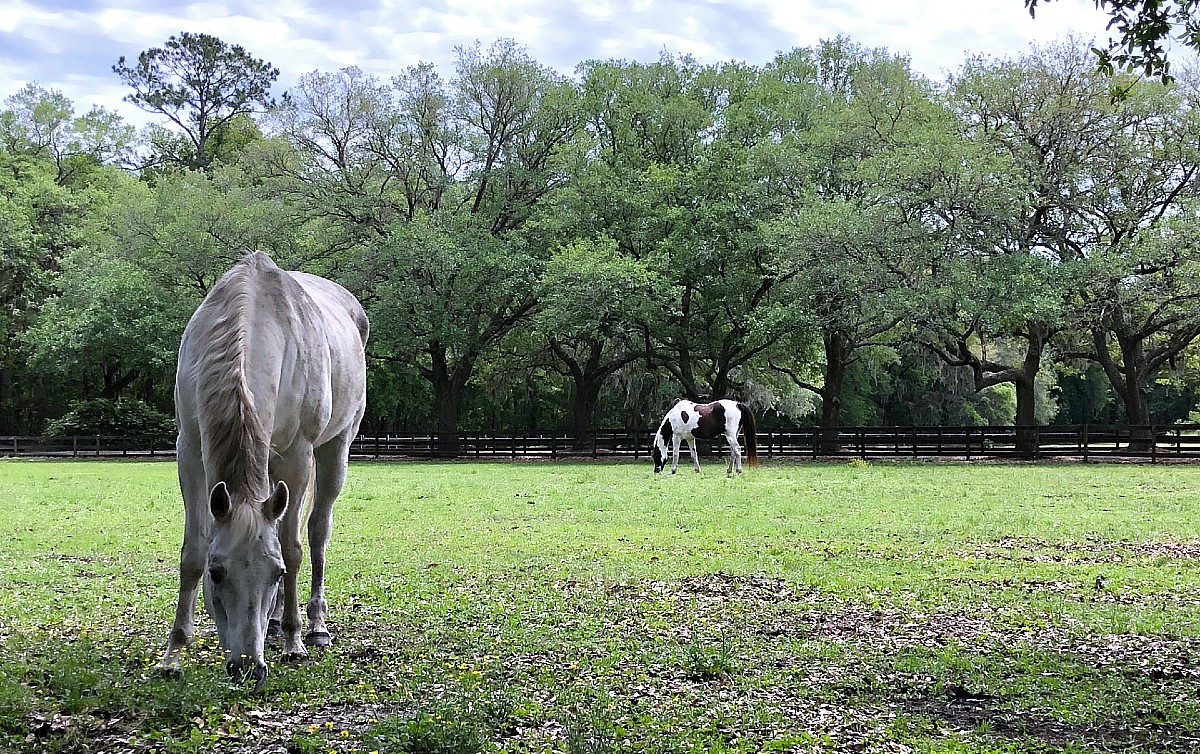
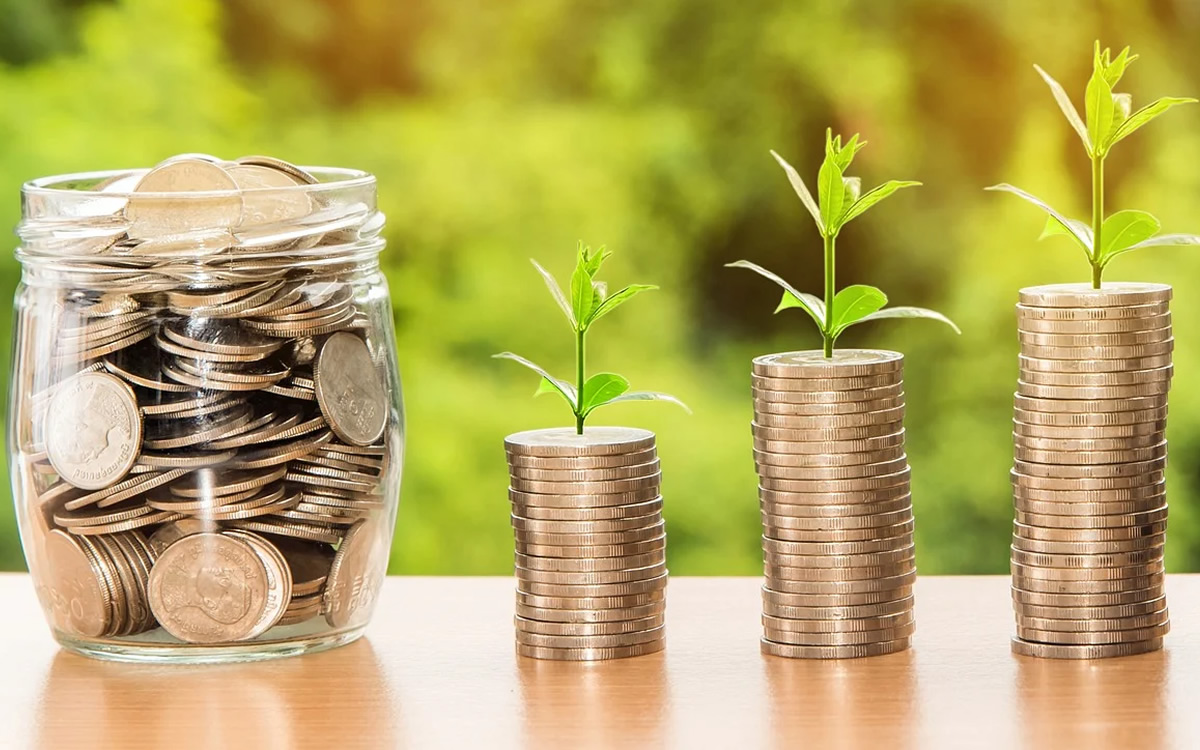

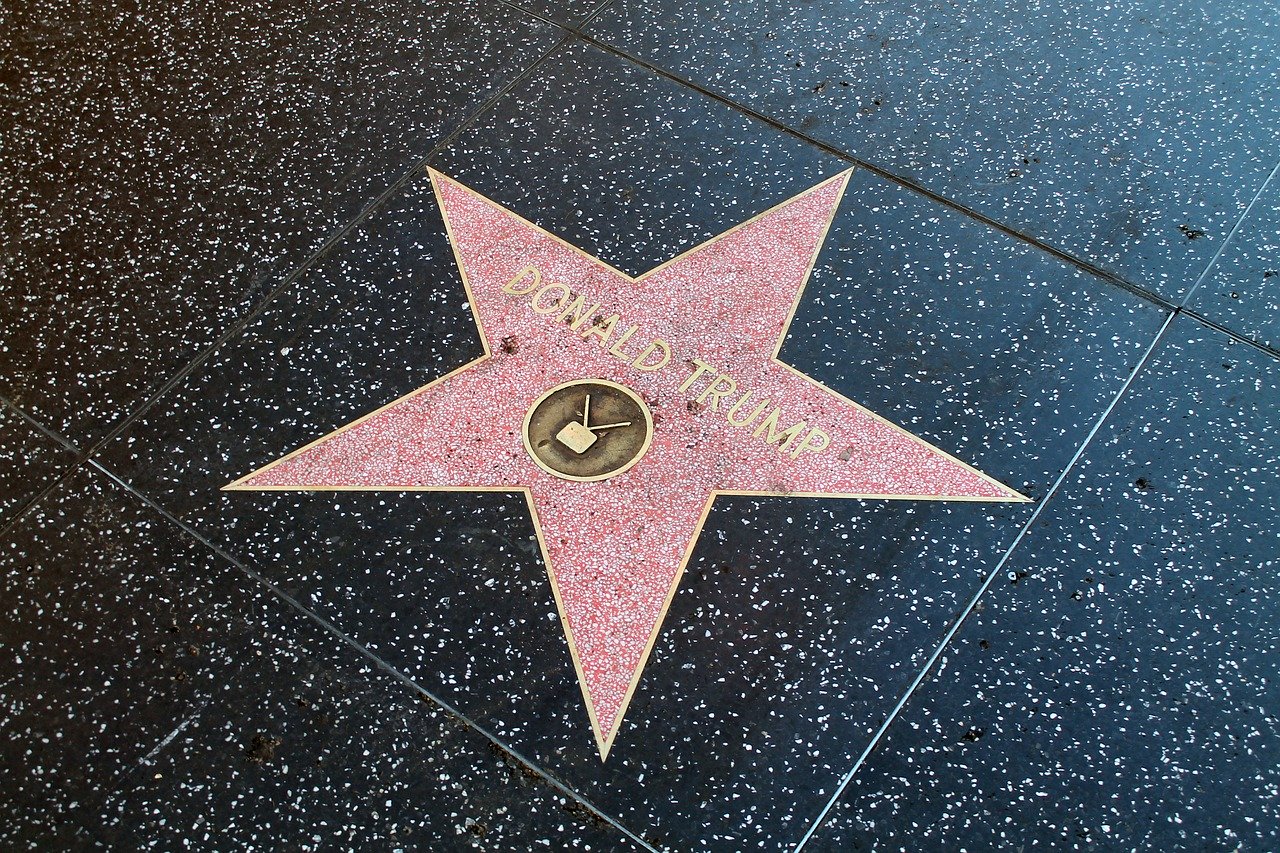
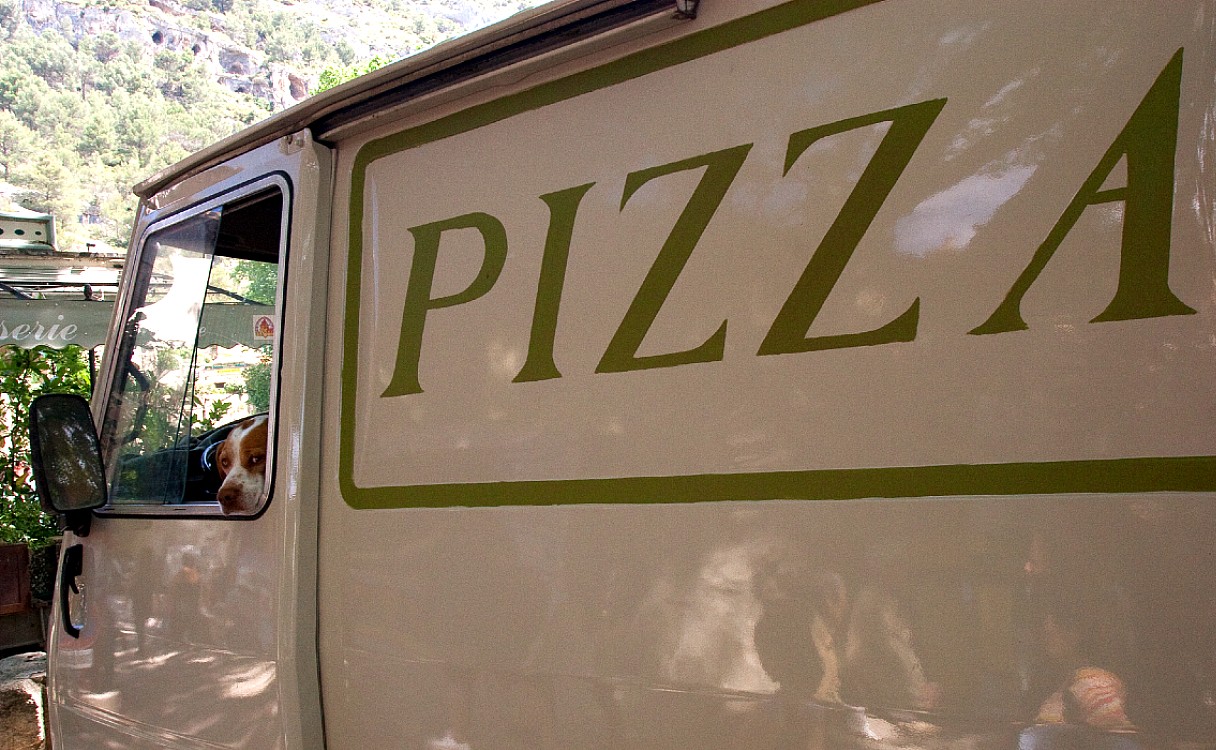
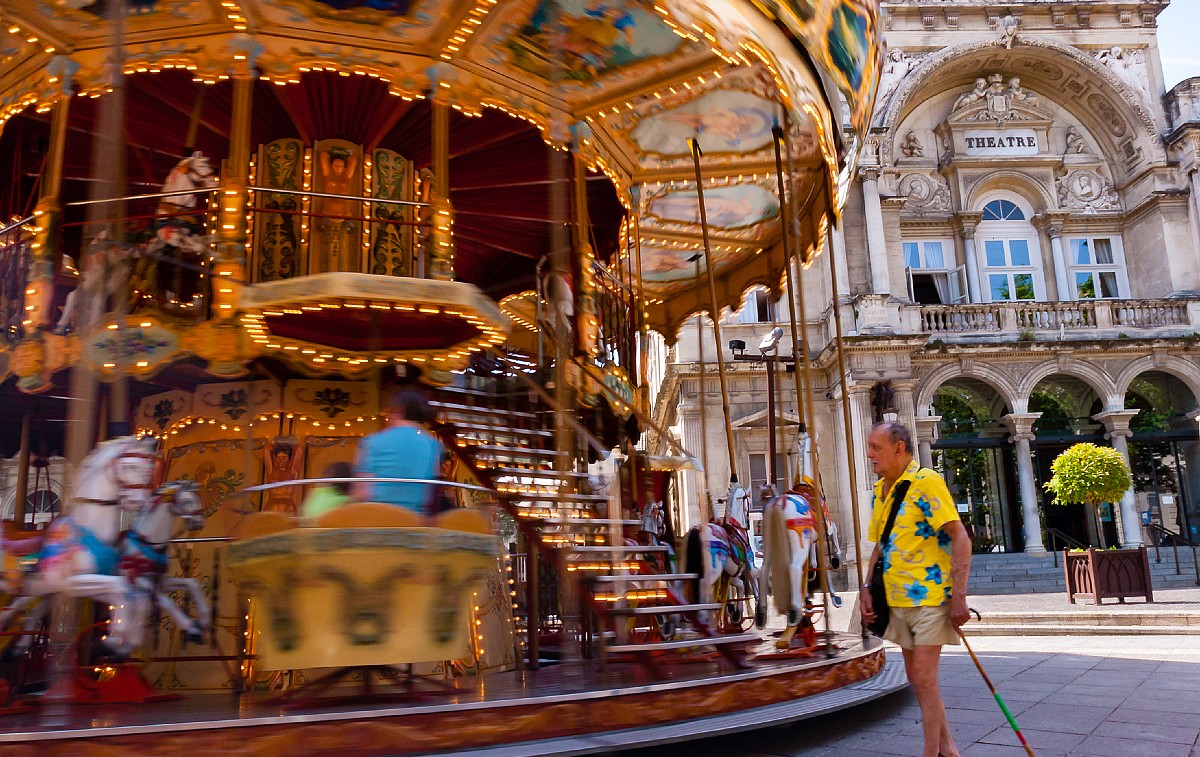
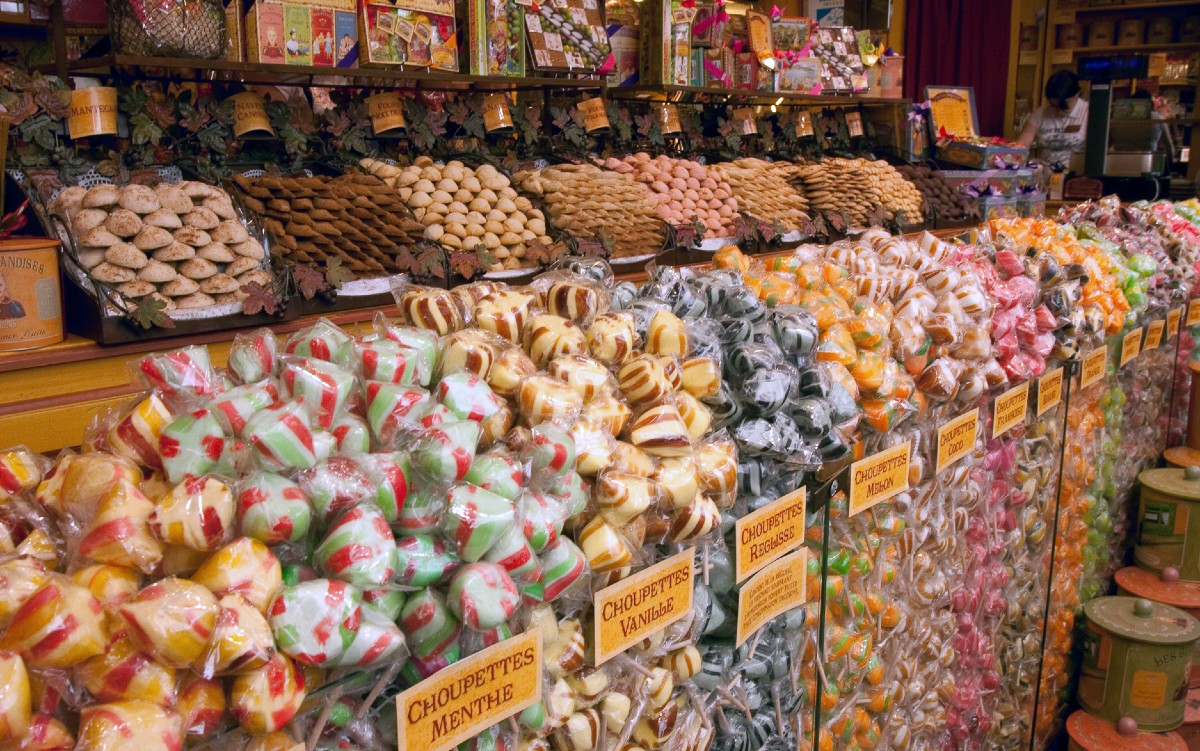
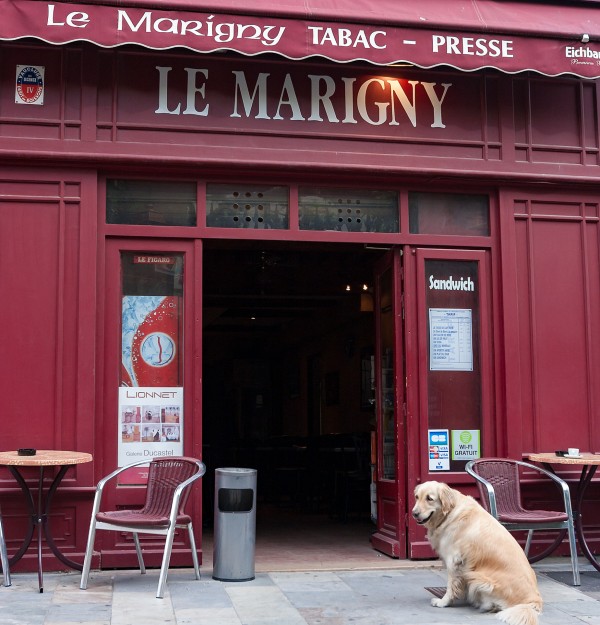
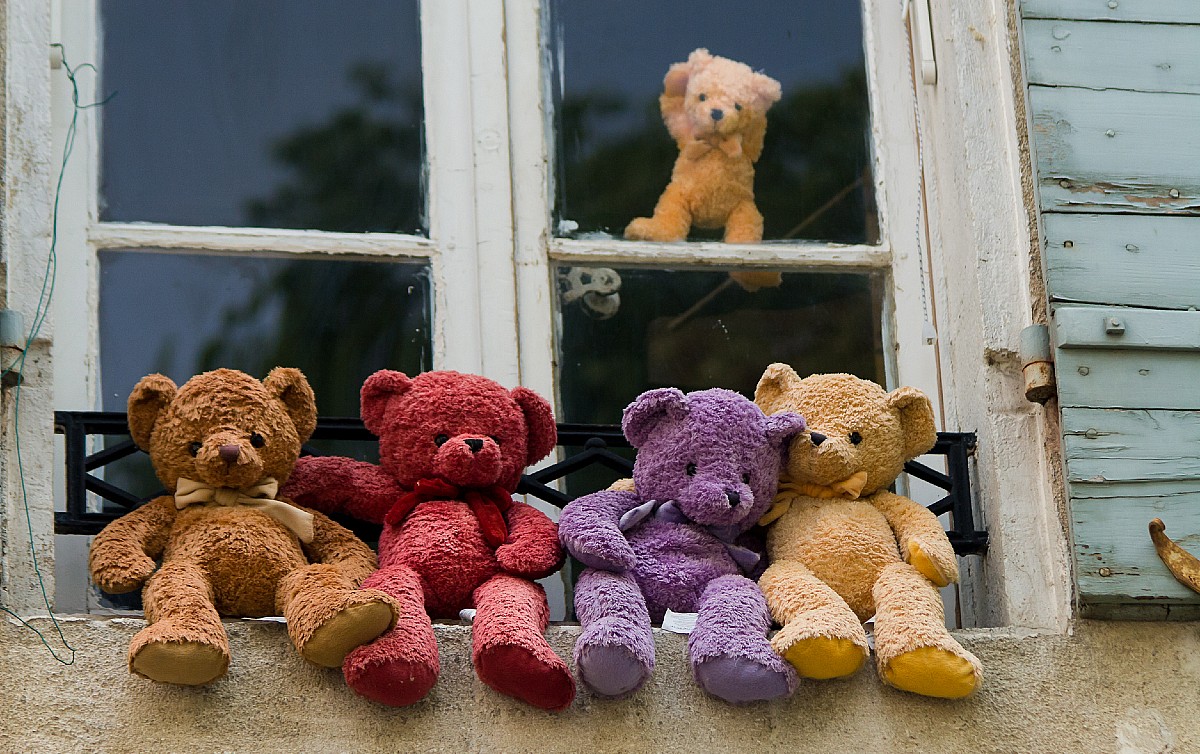

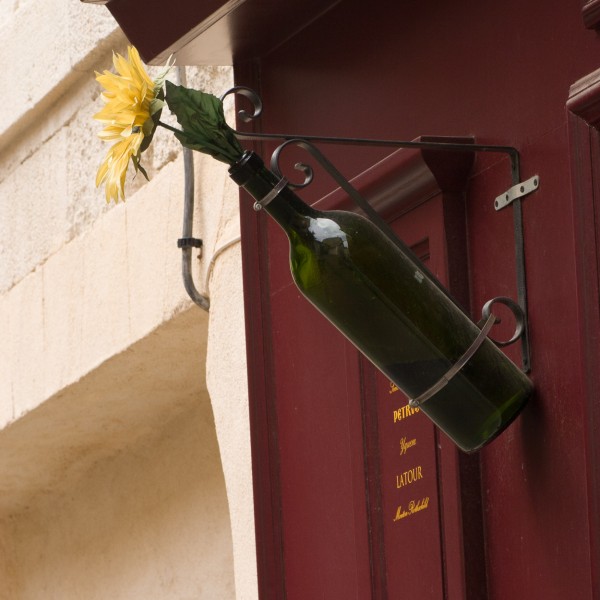
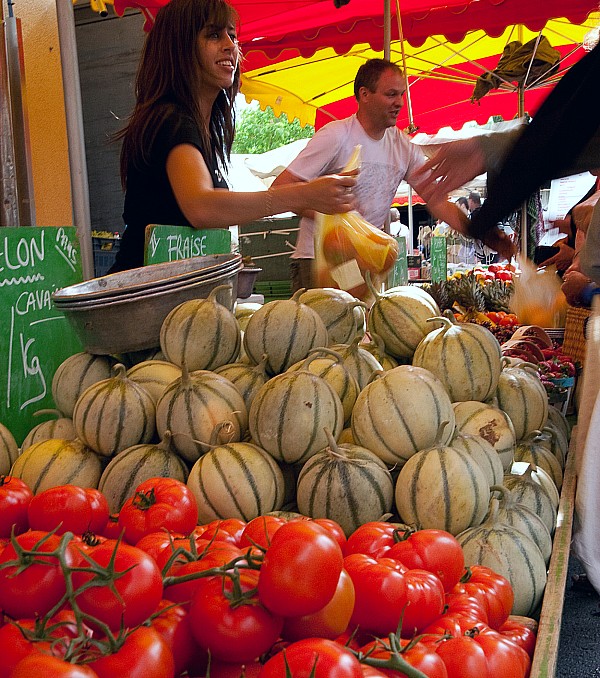
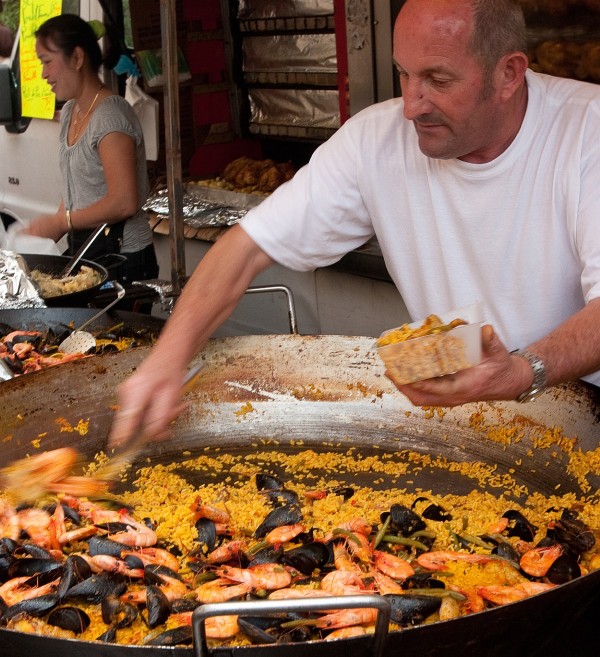
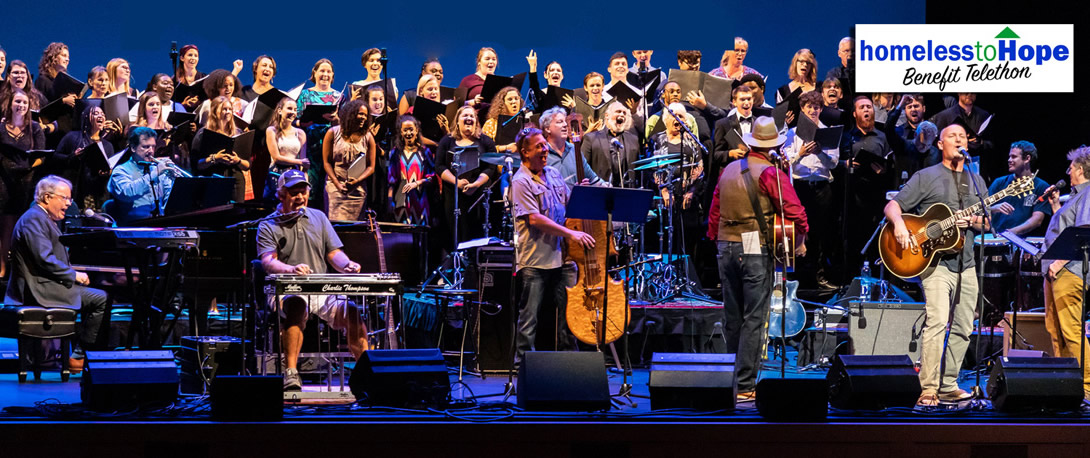
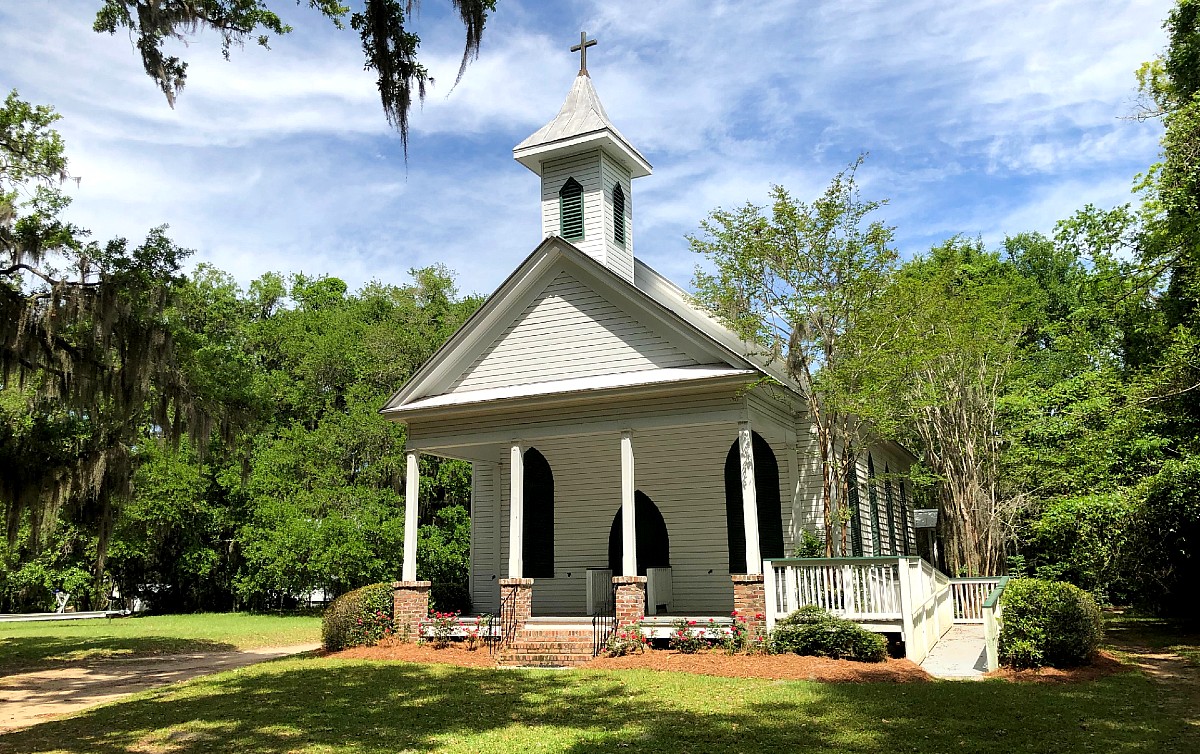
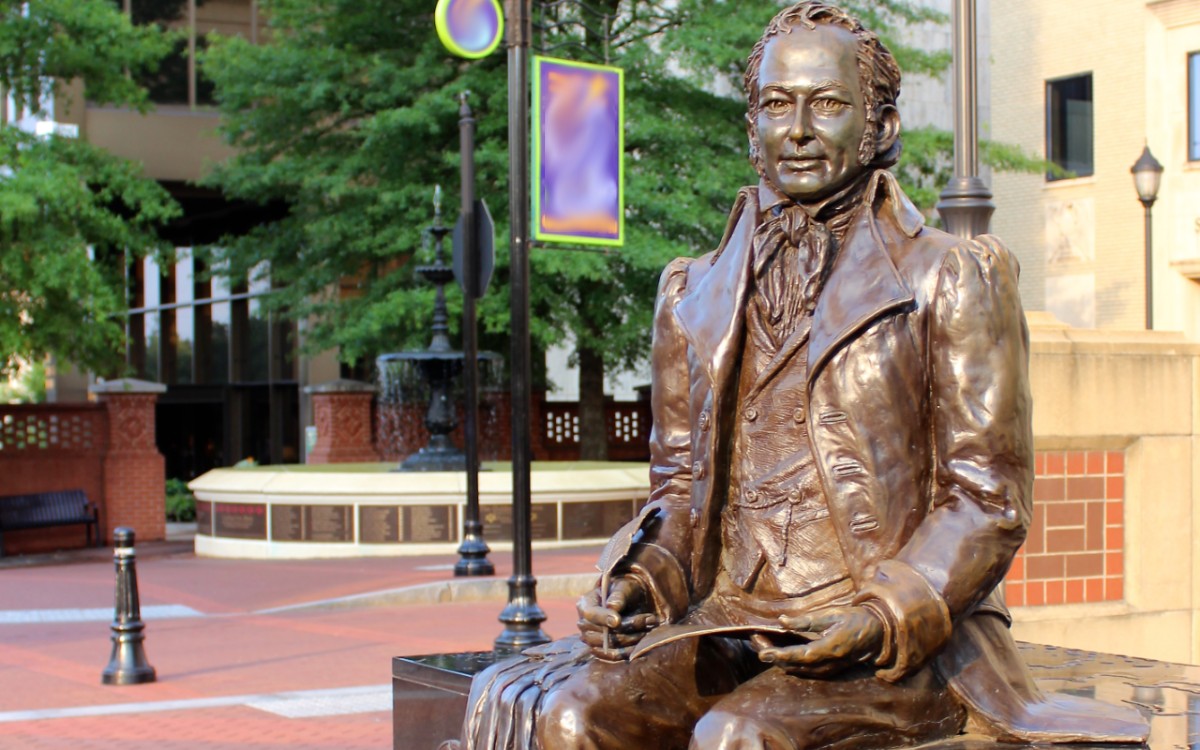

 We Can Do Better, South Carolina!
We Can Do Better, South Carolina!























